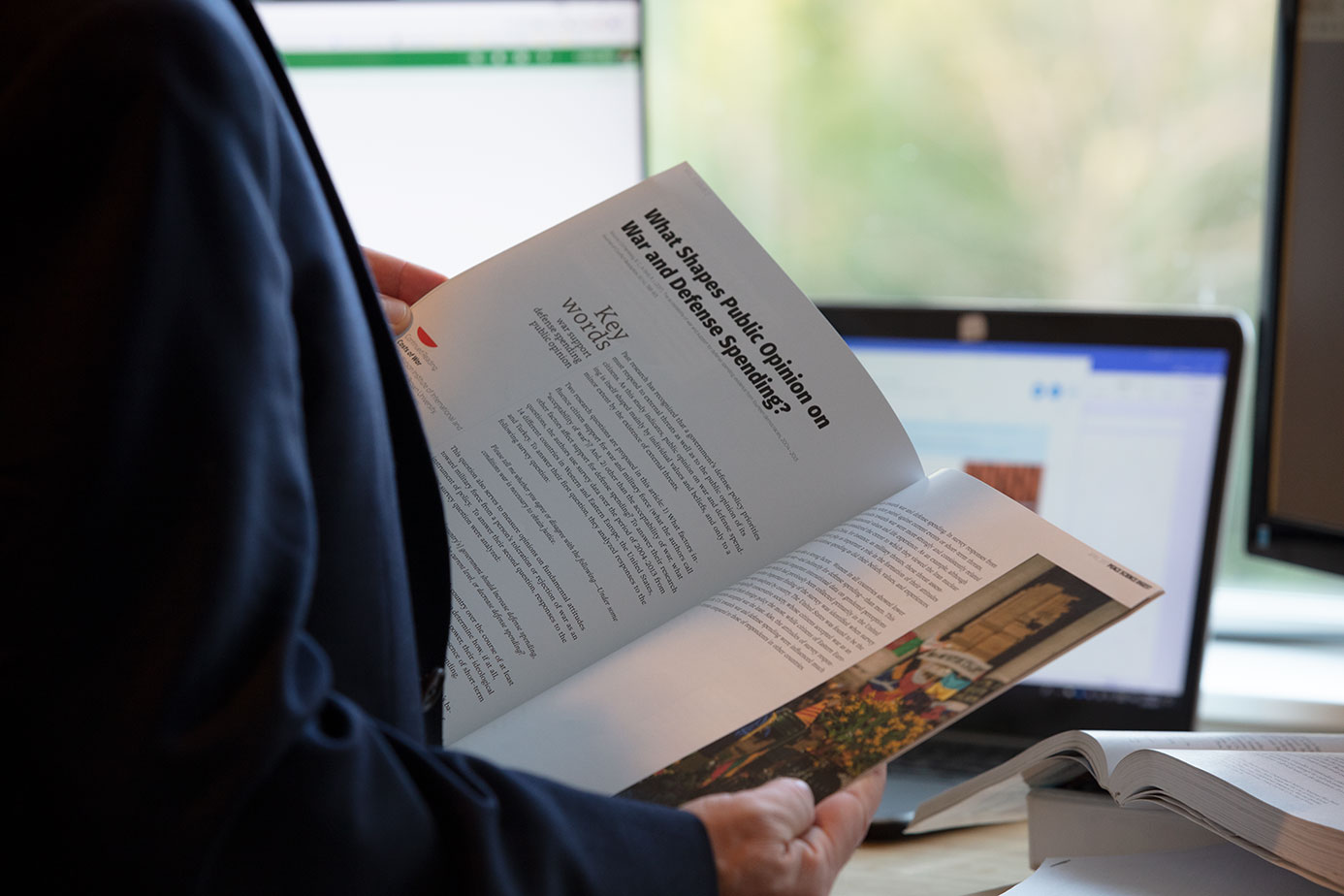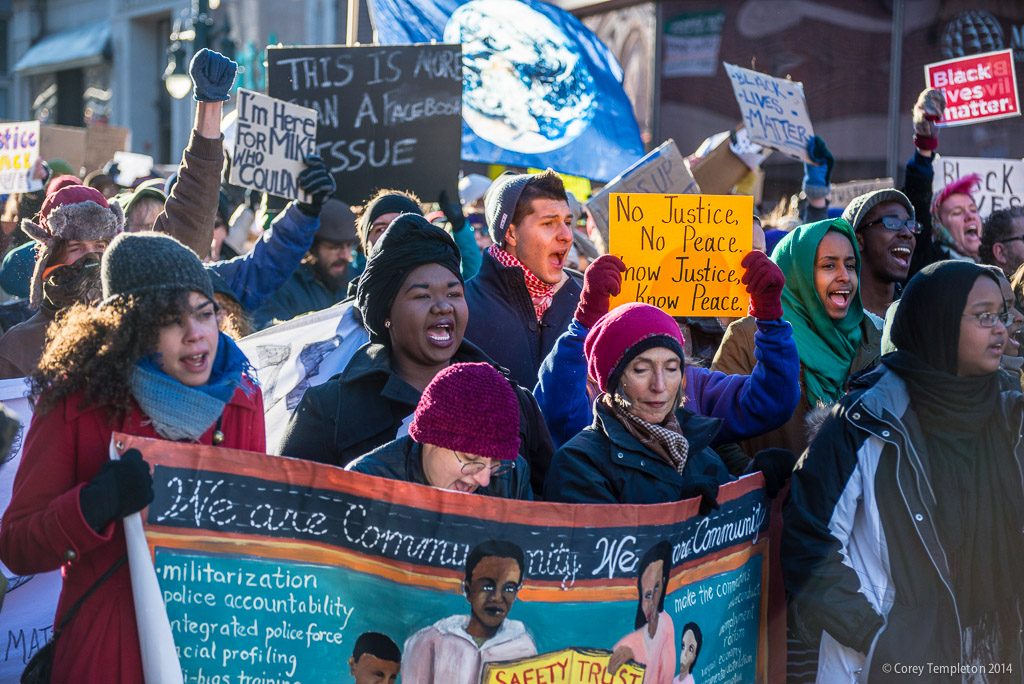
Using Humor As Nonviolent Action
During Donald Trump’s recent state visit to the UK, protesters carried an inflatable baby Trump blimp to bring humor to their protest of his domestic and foreign policy. Humor, in various forms, has a long tradition in protest movements.

Trump Jeopardizes Denuclearization Talks By Taking Early Credit & Alienating China
Peace agreements are not helped by boasting about policy successes that have not yet happened and weakening relationships with strategic allies. Peace science points to more effective roles mediators and negotiators can play to achieve durable peace.

Volume 3, Issue 3
Inside this issue, you will find analysis of research highlighting the importance of one of the Digest’s primary goals: making academic research more accessible and relevant to those beyond the academic community. Four additional analyses look at the relationship between people’s beliefs on masculinity and honor, on the one hand, and their attitudes towards aggressive policies and war, on the other; the complex attitudes of people in a post-conflict setting “after the smoke clears” by looking at how different conflict narratives contribute to reconciliation; how to influence nonstate actors to comply with humanitarian norms, laws, and treaties; and, lastly, we analyze a study examining the methods by which liberal democracies create and sustain militarism and hence enable war.
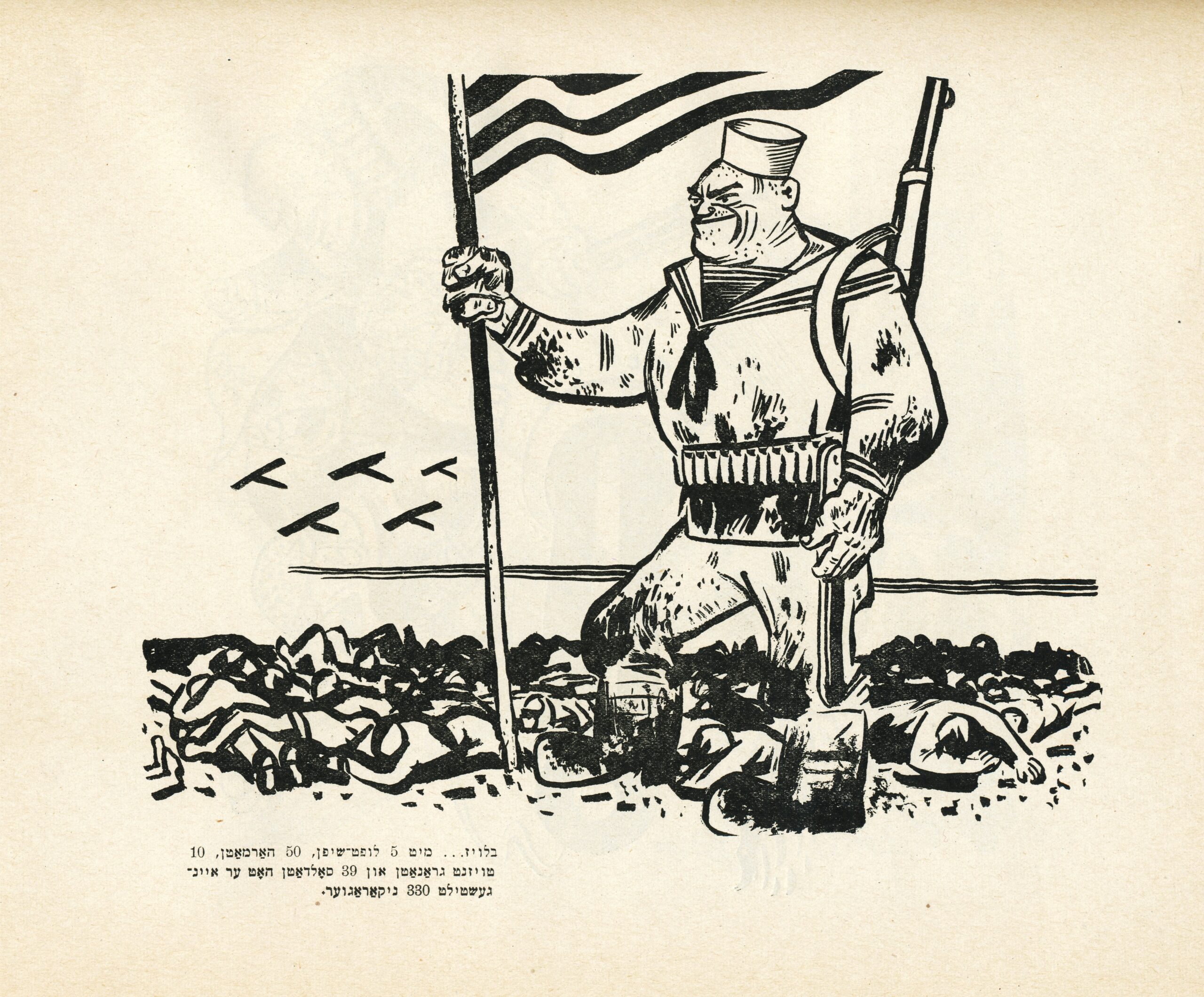
Sustaining Militarism and Enabling War in Liberal Societies
Liberal democracies often justify their reliance on military force as necessary to maintaining freedom, as well as frame security threats in terms of the dangers posed to the everyday lives of regular people, such that individuals will be willing to give up some freedom for personal security.
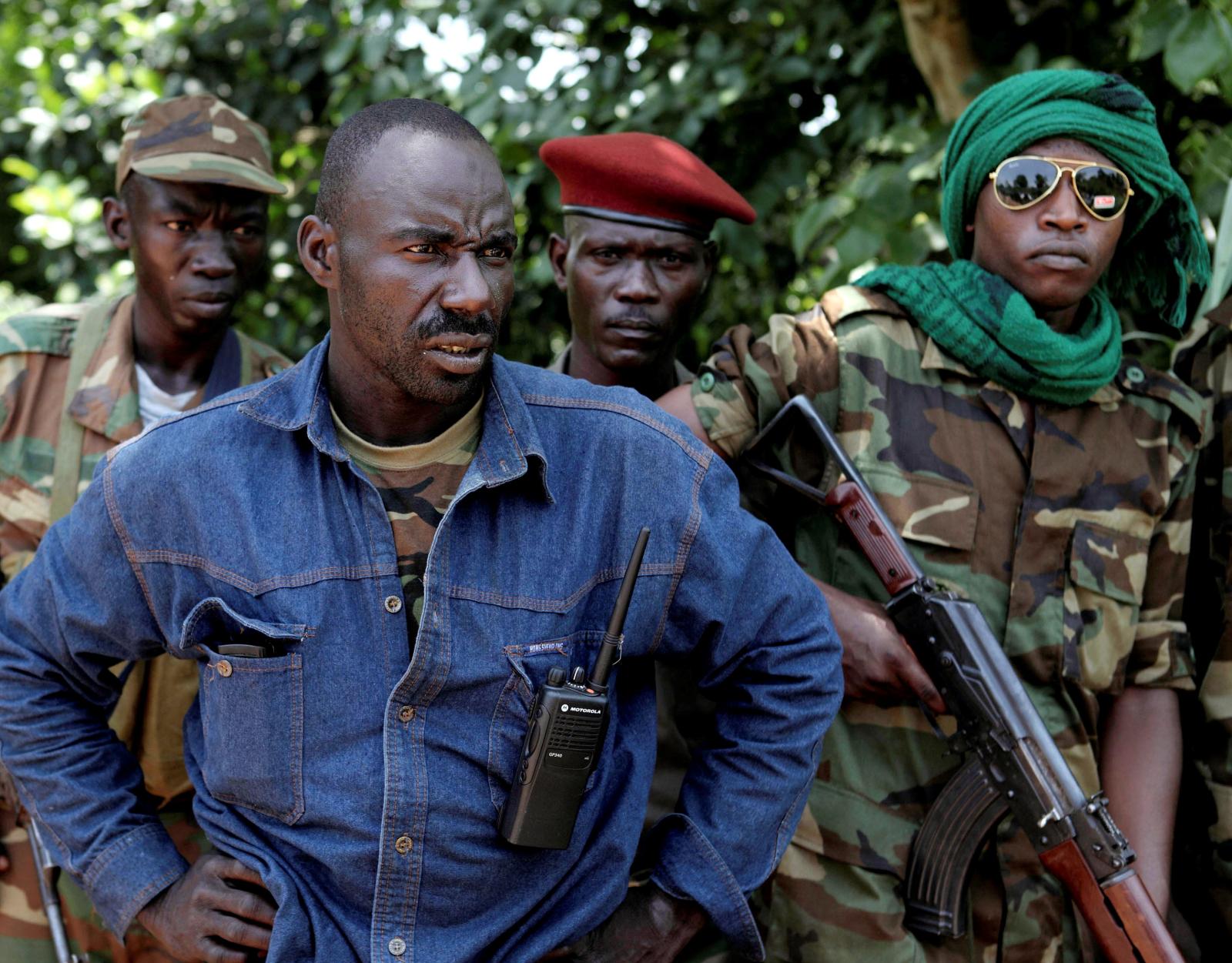
Influencing Armed Nonstate Actors to Comply with Humanitarian Norms
Signing a commitment banning landmines appears to influence armed nonstate actors (ANSAs) away from the use of landmines, suggesting that deeds of commitment can influence ANSAs’ behavior.
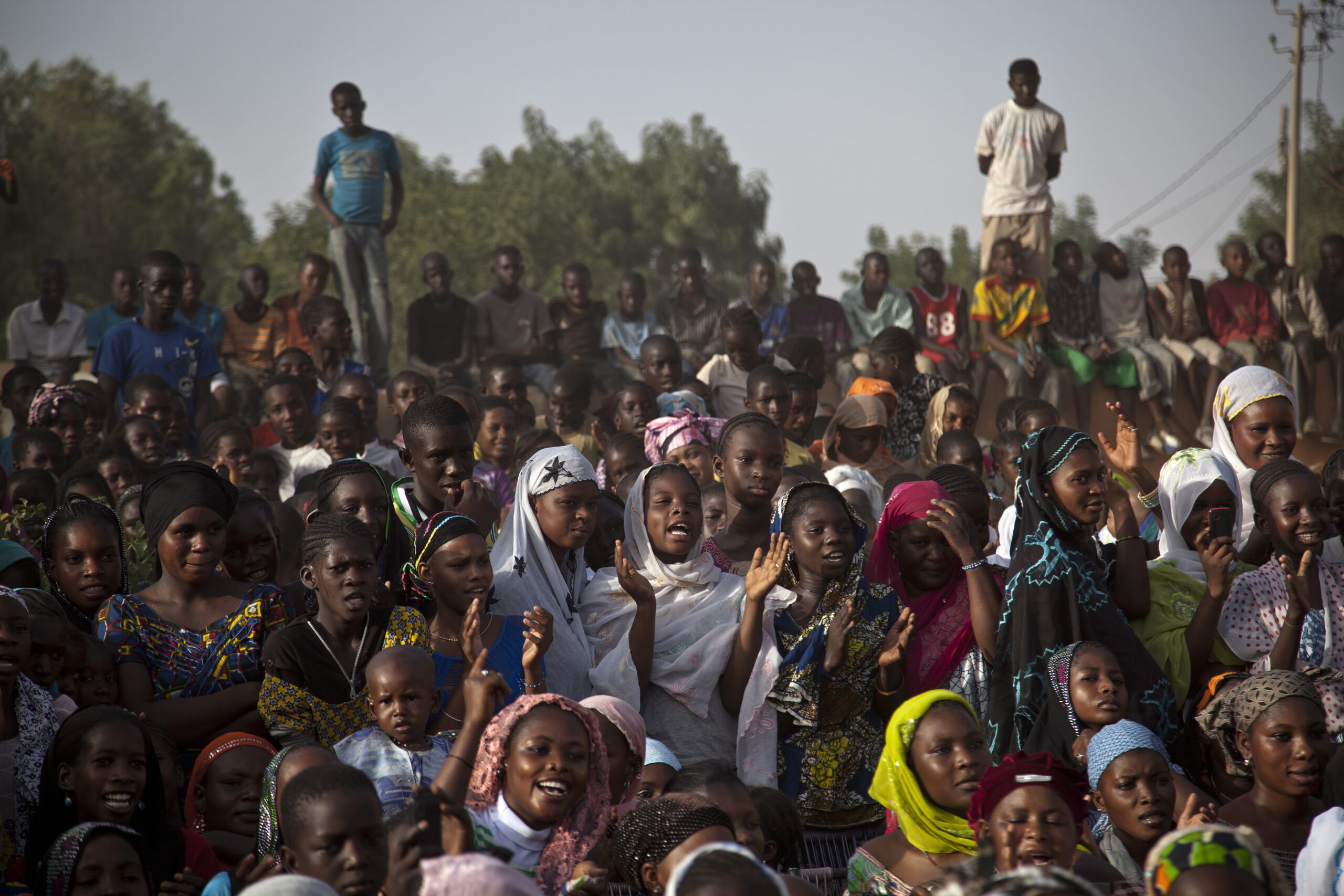
After the War is Over: Group Dialog and Reconciliation
Conflict narratives emphasizing blame or deflection can, counterintuitively, contribute to more conciliatory attitudes, especially if individuals have an opportunity to discuss them with others they trust.
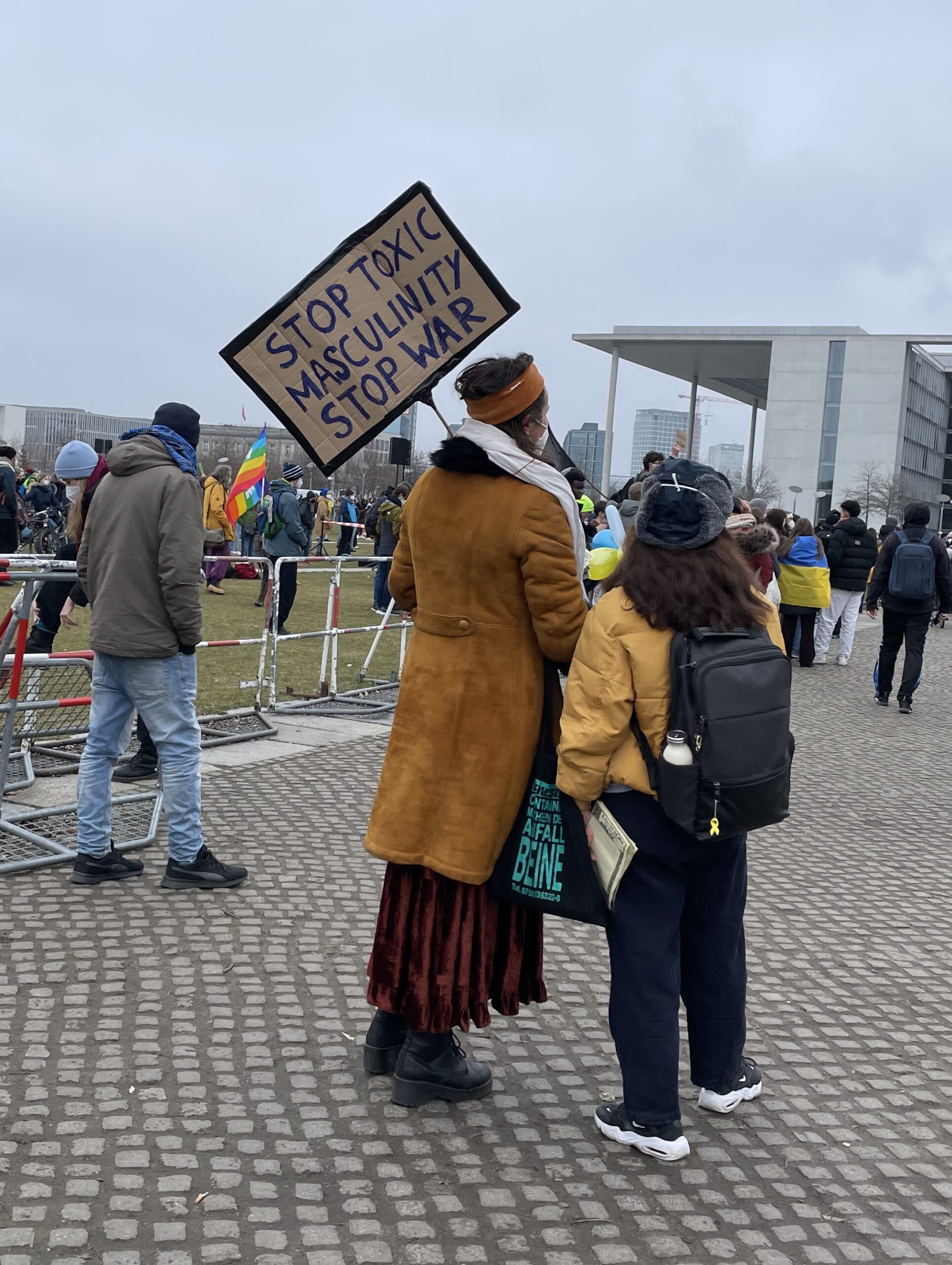
Masculine Honor Beliefs and Attitudes Toward Aggression, War, and Peace
Individuals with high levels of masculine honor beliefs have more positive perceptions of war, higher levels of support for aggressive security policies, and lower levels of support for peacebuilding and diplomacy.
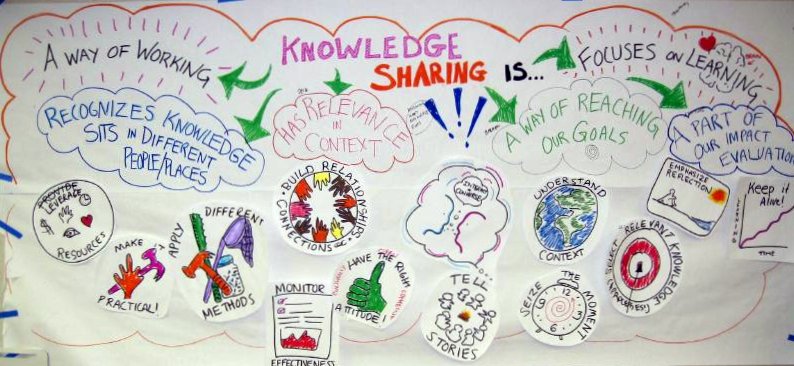
Overcoming Barriers to Effective Knowledge Sharing in Peace Research and Policy
Despite the expectation that peacebuilding scholars outline the practical implications of their research, there are numerous barriers to the successful transfer of this knowledge to those who can use it.
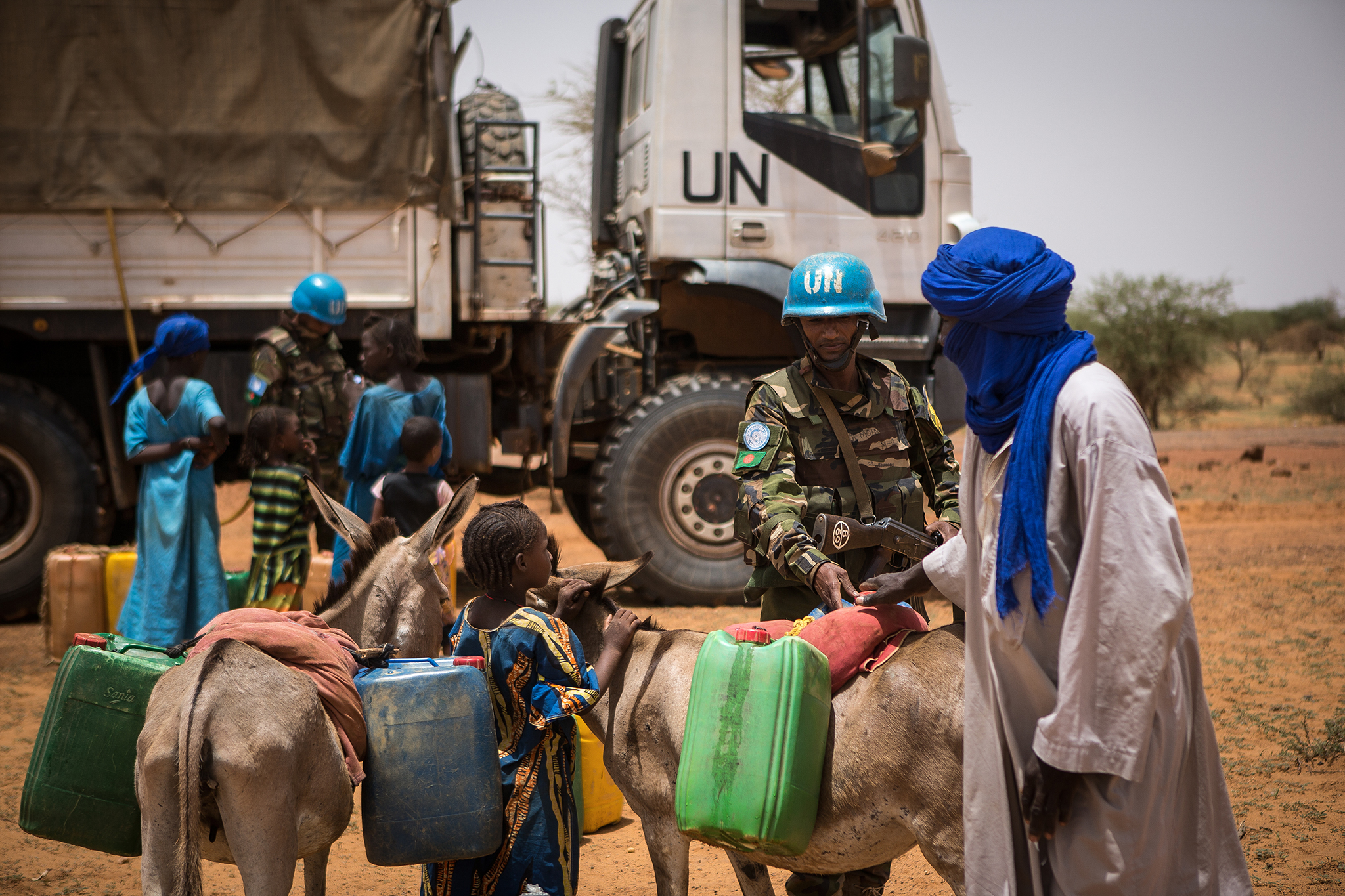
Armed Peacekeepers Can Protect Civilians, But There Are Risks.
Research has shown that, in most cases, armed UN peacekeepers help protect civilian lives. However, militarizing any part of a peace process is dangerous and is often met with unintended consequences.
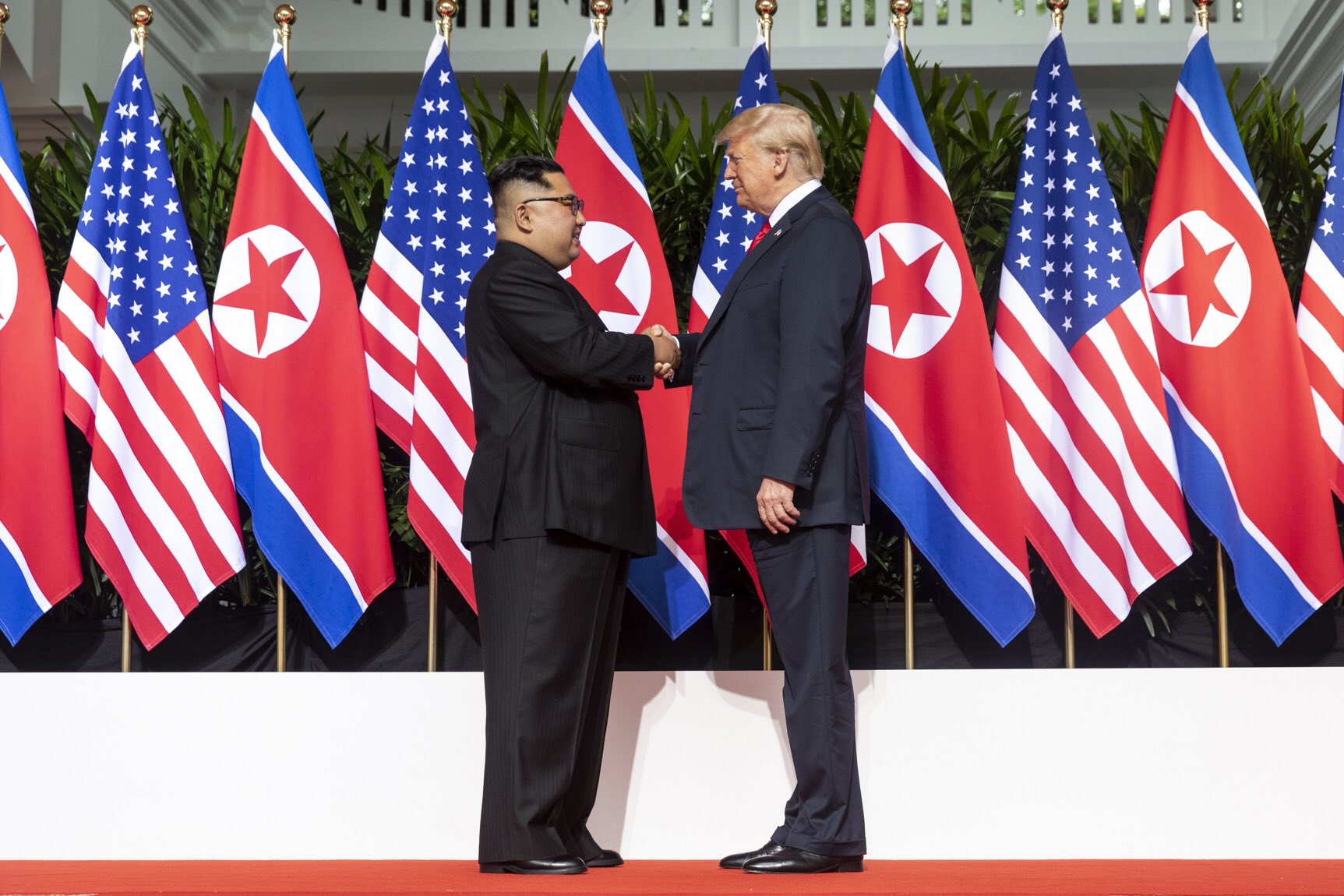
Suspending War Games Is Good! Concessions Lead To More Talks…Even Denuclearization.
Following the Trump/Kim Singapore Summit, the U.S. canceled their upcoming “war games” with South Korea. The New York Times and peace science agree that early concessions can lead to big payoffs when denuclearization is on the negotiating table.
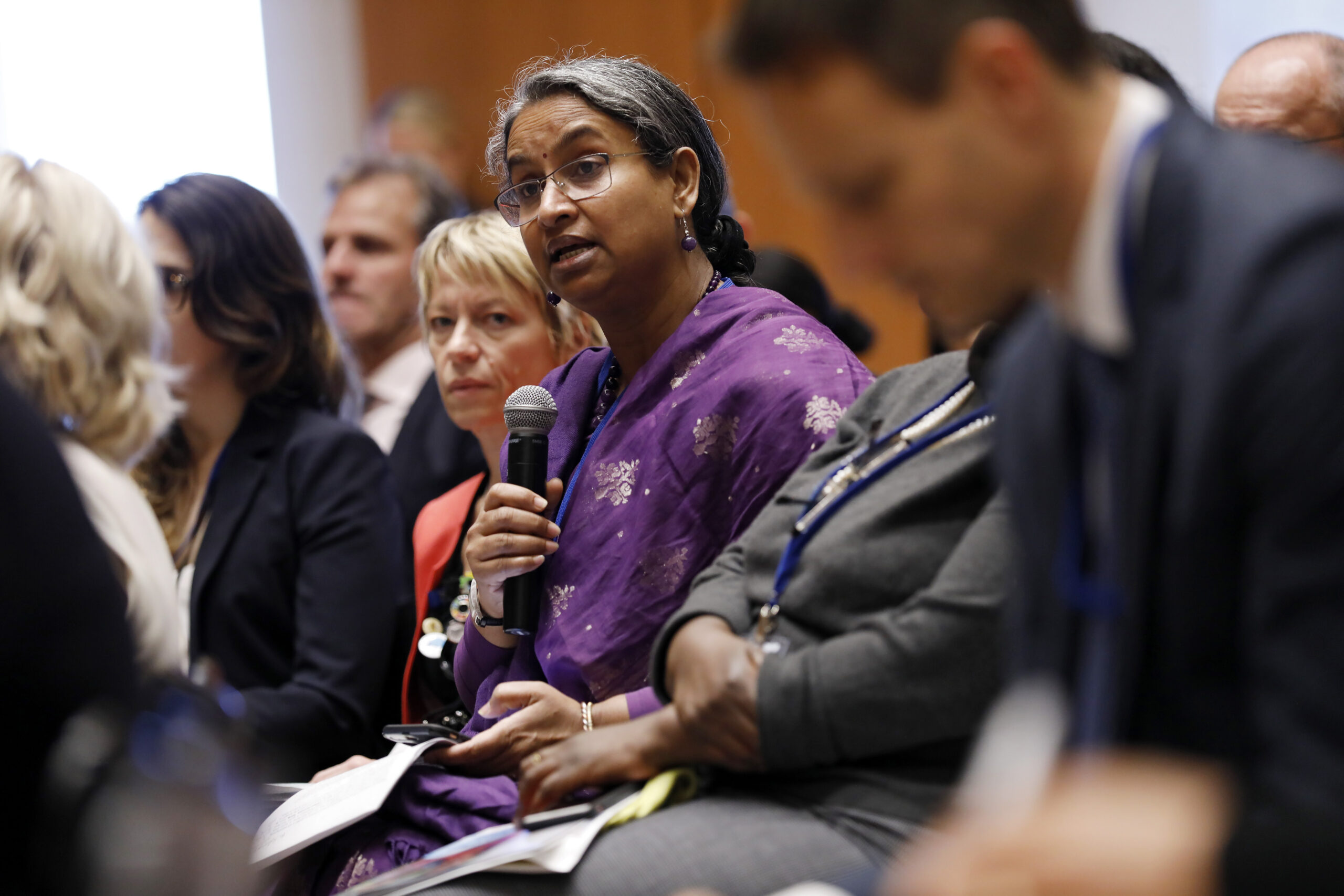
Women’s Inclusion Is Vital To Successful Peace Processes
Women continue to be underrepresented in peacebuilding processes and negotiations. Peace Science shows how women’s inclusion in peacebuilding is crucial to the success and longevity of peace agreements.
